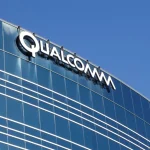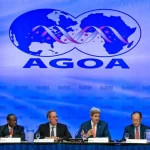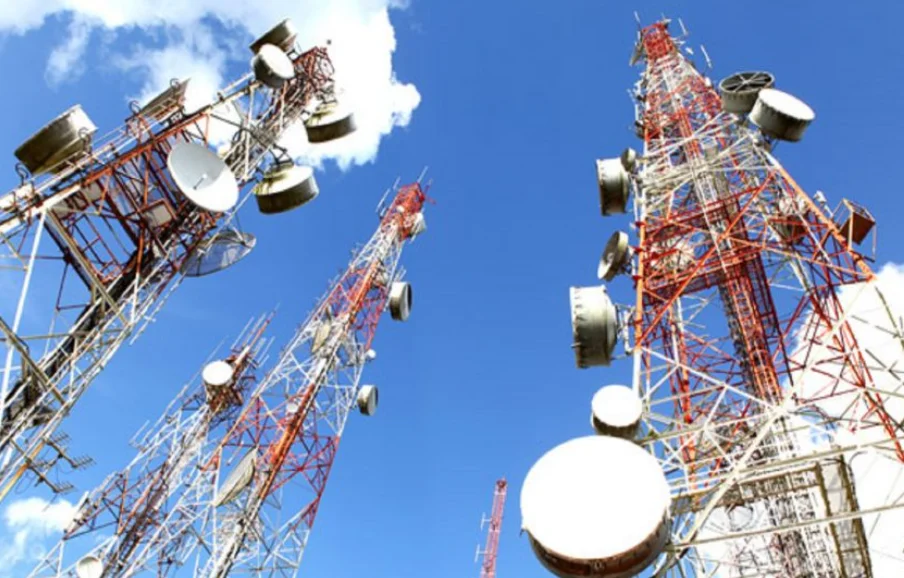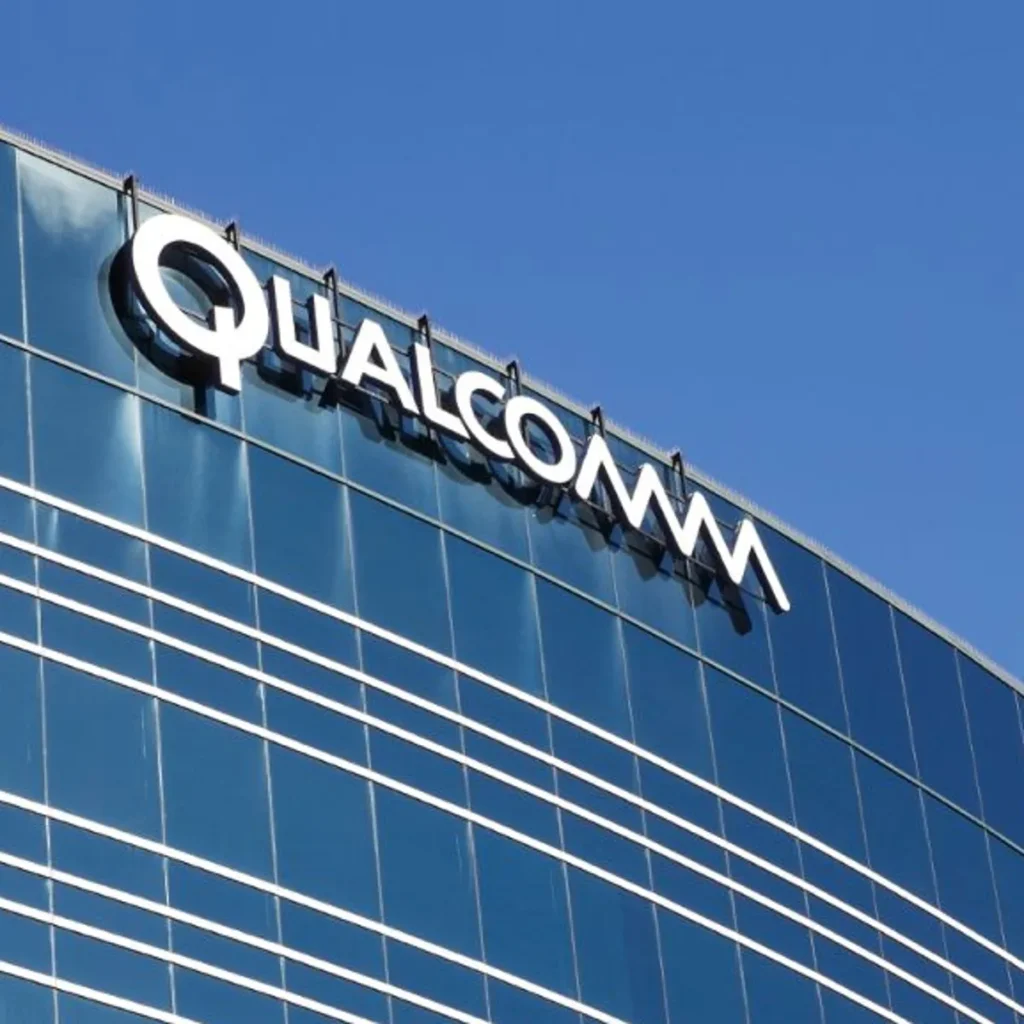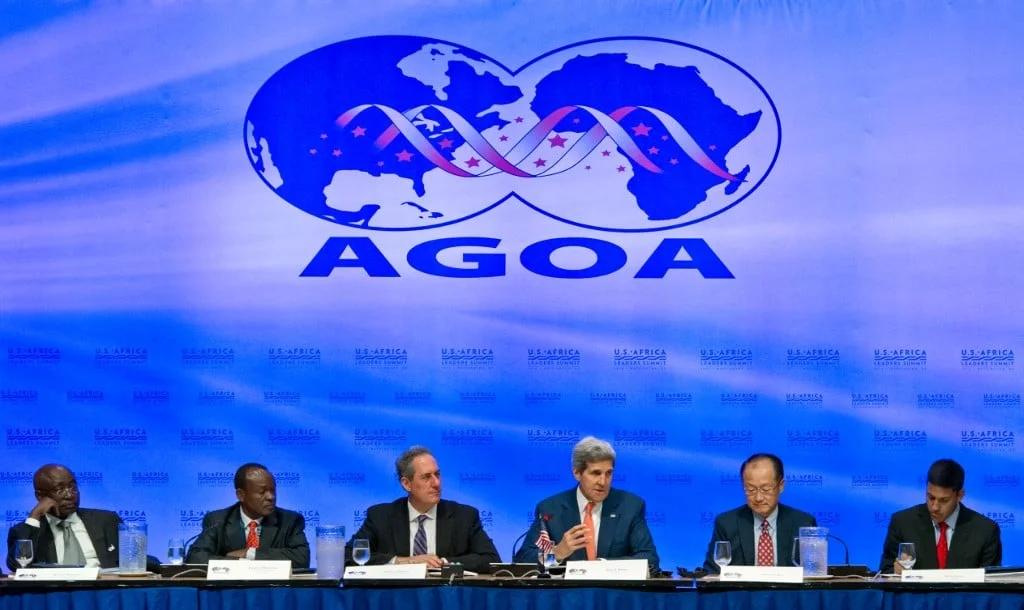The telecom sector has witnessed a 2.66 per cent surge in active subscriptions with 169.3 million subscribers in January 2025 from the 164.9 million recorded in December 2024. The figure represents a 4 consecutive increase in subscriber base after the sector last experienced a decline in September 2024.
The report contained in the Industry Statistics on the Nigerian Communications Commission (NCC) website noted that the significant drop in the telecom subscribers’ base is attributed to the removal of Subscriber Identification Modules (SIMs) that are not linked to verifiable National Identification Numbers (NINs) and the rectification of a major discrepancy by a Mobile Network Operator.
The telecom sector witnessed a mass deactivation of over 42 million SIM cards in February 2024 and the sector’s rebasing in September 2024. Since March 2024 (219.3 million), the telecom sector witnessed a consecutive drop in subscribers up till September 2024 (154.9 million). The 219.9 million recorded in February 2024 was an all-time high in the past 12 months.
The teledensity rate (which is the number of active telephone connections per one hundred inhabitants living within an area and is expressed as a percentage figure) for January 2025 was 78.1 per cent, compared to the 76.08 per cent recorded in the previous month. The figure was also the highest since the 78.84 per cent recorded last June.
On market share among mobile operators as of January 2025, the report revealed that MTN Nigeria produced a leading edge by increasing its subscribers to 87.5 million subscribers, up from 84.6 million in December 2024, interpreting a 51.79 per cent contribution to the total base.
Airtel Nigeria followed with 57.6 million subscribers (34.11 per cent), from 56.6 million in the preceding month. Globacom also saw an increase from 20.1 million in December 2024 to 20.5 million (12.15 per cent) in January 2025. Globacom faced a decline in subscribers in 2024 due to a regulatory audit and was gradually showing signs of recovery.
For 9mobile, its subscriber base is still at a stagnant position with 3.2 million (1.94 per cent), for the third consecutive month. The data is a far cry from 9mobile’s previous dominance when it boasted 23.4 million subscribers and a 15.7 per cent market share in 2015.
Porting and network generation
The report also revealed figures on porting activities which deal with the number of numbers ported from another service provider’s network into a service provider’s network.
From the rear end, 9mobile continues to witness the highest rate of outgoing subscribers with 6716 customers porting out of its network in January 2025. At the closest is MTN Nigeria with 1,188 while Globacom saw 405 exits and Airtel Nigeria with 399 outgone customers.
For incoming leading telecom, MTN Nigeria gained 5,551 customers in January 2025, while Airtel Nigeria gained a push of 2,414 subscribers. Globacom struggled to accumulate 736 customers while 9mobile continues on the losing end with just 7 customer inflows.
In the transfer end in total, the mobile network operators saw 8,708 switches in January 2025. The report revealed an increase of 5710 in mobile number portability activities in January 2025 compared to December 2024.
The figure represents the highest since the 16,342 switches experienced in November 2020 meaning that Nigerians were encountered with weighting several network options in search of a better cost-effective alternative.
In the network generation, which shows what percentage of subscribers are utilizing telecommunications services per the various mobile phone generations currently deployed in Nigeria, 4G adoption saw a slight increase from 47.20 per cent in December to 47.23 per cent in January 2025.
2G came close with a market adoption share of 41.63 per cent up from 41.59 per cent in the previous month. Also, 5G continues to rise at a low rate after recording a slight shift from 2.46 per cent to 2.54 per cent in January. Of all, 3G declined to 8.60 per cent from 8.75 per cent in December 2024.
Broadband penetration and internet usage
Nigeria saw a 2.59 per cent increase in broadband subscriptions from 96.3 million in December to 98.8 million in January. Since a decline from 93.5 million in August 2024 to 90.1 million in September 2024, there has been a continuous increase. Notably, the 98.8 million recorded in January 2025 was an all-time high for this measure.
The penetration rate was also significant after rising from 44.43 per cent in December to 45.61 per cent in January 2025. The data comes amidst a positive increasing trend from September 2024.
On telecom internet usage which reveals data usage in Nigeria, the report showed that Nigerians used a total of 1,000,930.60 terabytes in January 2025. It comes on the heels of a 2.82 per cent increase from the 973,455.35 terabytes in the previous month. On trend exposition, there has been an increase in data usage over the last four months.
Following the recent increase in data usage and voice calls by telecom operators, it will be interesting to see the data usage figures for February and March 2025.
Contribution to GDP
According to the latest data released by the National Bureau of Statistics (NBS), the Digital Industry sector has witnessed a 23.09 per cent contribution to Nigeria’s Gross Domestic Product (GDP) for Q4 2024.
The Digital Industry Sector which comprises the Information and Communications sector (I&C) and the Finance and Insurance sector (F&I) sector saw a contribution of 17 per cent and 6.09 per cent respectively during the fourth quarter. This reflects the significant force of how the sector drives the Nigerian economy.
The NBS in its statement noted that in the fourth quarter of 2024, the sector was mainly driven by financial and insurance institutions and information and communication (telecom). These industries played a key role in supporting economic activity during the period.
Of the N3.8 trillion GDP contribution by the Information and Communications sector in Q4 2024, telecom contributed a whopping 84.2 per cent while others such as broadcasting, publishing, and music production struggled for the rest. For Q3 2024, the telecom industry contributed 13.94 per cent to Nigeria’s GDP.
In 2024, the digital industry sector contributed 23.9 per cent to the GDP, representing a 1.59 increase from the N17.1 trillion recorded in 2023.


